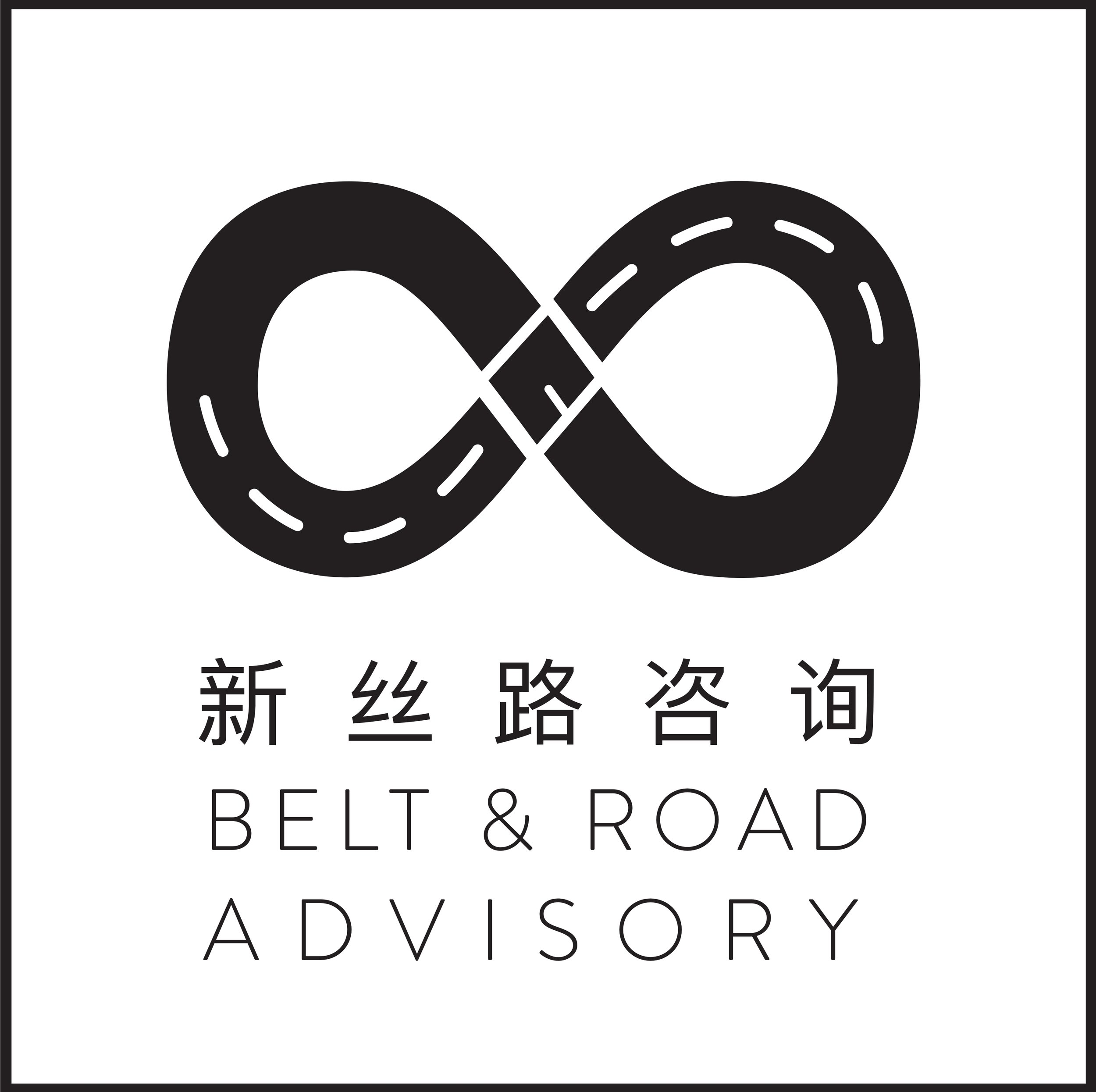BRI Interview Series: Professor Dominik Mierzejewski on building a BRI hub in Poland
Professor Dominik Mierzejewski is the Chair at Center for Asian Affairs, Professor at the Department of Asian Studies at the Faculty of International and Political Studies, and a member of Asia Pacific Council, the advisory body for Polish Ministry of Foreign Affairs. Professor Mierzejewski researches China-Central and Eastern European relations and also pioneers research on the role of the local governments within China’s Belt and Road Initiative. He also closely cooperates with the government of the city of Lodz and government of the Lodzkie region (Poland) in developing relationships with Chinese partners.
Belt and Road Advisory: Can you tell us about how you are trying to position the city of Lodz as a key Belt and Road hub in Europe?
Professor Dominik Mierzejewski: Sure. Lodz is a city located in central Poland and we are seeking to make it an important logistics hub. We already have a large number of investments from Germany and Italy, and we are now seeking to further our ties with China. Our links with China started when a private company called Hatrans Logistics here in Lodz answered the needs of Dell and Foxconn. Dell is located in Lodz and Foxconn is located in Chengdu, Western China. Hatrans started providing a logistics service for goods between the two cities. This service started in January 2013, 9 months prior to the formal announcement of the BRI, and it was started by local people and local actors. Over time the service has grown and Lodz has become a key logistics hub between Europe and China, and has since become embedded in the Belt and Road Initiative. The local government in Lodz opened up a representative office in Chengdu, and Sichuan Province did likewise in Lodz. As ties grew, these links have been formalized even further through central government; Poland has now opened a Consulate General in Chengdu and Memoranda of Understanding have been signed between Lodz and Western China on e-commerce and exports.
Crucially, this cooperation has been stimulated by private business people who built links between the two cities and subsequently two countries. This contrasts with the top-down view some people have of BRI projects. The cooperation is working because Lodz and Chengdu have similar visions; Lodz hopes to be a hub in Europe, while Chengdu wants to be a logistics hub for the entire Yangtze river economic region.
Professor Mierzejewski meets President Xi
Belt and Road Advisory: How should countries think about engaging with BRI?
Professor Dominik Mierzejewski: As a general comment, I think working with smaller bodies in China as opposed to China as a whole, can yield better results. China is so large, sometimes it makes more sense to focus on particular provinces, sectors and cities. It makes sense to have a local strategy and picking provinces that align with the core strengths of your nation. For Poland, I believe that it would be good to choose three provinces as key partners in China. Sichuan is a very natural choice given our existing work here. But when it comes to developing artificial intelligence, high-tech and IT cooperation we need to work with Guangdong. For cooperation in the mining sector we should turn to Shanxi province or Hebei province.
When it comes to the BRI and the outward expansion of Chinese companies, often they move in clusters, incentivized by policies made at a local government level and not a national level. That’s why it makes even more sense when engaging with the BRI to think about the local government channels.
Belt and Road Advisory: What have the benefits been so far for the city of Lodz? Can you give us concrete examples?
Professor Dominik Mierzejewski: Well, the first benefit is that the city was not recognized in China before. Now is the second most recognized Polish city in China, second only to the Polish capital, Warsaw. So if you check any Chinese newspaper such as People's Daily or magazines such as Caixin, you will find that Lodz is featured more frequently and prominently than many other famous cities; such as Krakow, the ancient capital of Poland.
As a result of the recognition that Lodz now enjoys in China, the University of Lodz is the university with the largest number of Chinese students in Poland. I’ve personally been involved in that. In 2016, I, with colleagues, started a special Summer school for Chinese universities called “Understanding Poland” in Lodz. Now every Summer, over 200 Chinese students come just to attend this programme!
So this is the first success, but publicity is only a means to achieving goals, we need to do more to translate these into concrete business opportunities. We have had some success for business, for example a milk brand, “Lowickie” translated into Chinese as “罗兹姑娘 - Lodz Girl” has been doing particularly well in Zhejiang. But we need to build on this going forward to ensure cooperation with China brings benefits to local people on the ground.
Belt and Road Advisory: What are some of the challenges to this cooperation?
Professor Dominik Mierzejewski: The major point here is asymmetry. China is a huge country with a population of over 1.3 billion people. Poland has less than 40 million people. The trade deficit Poland runs with China is also large and asymmetric, for every one zloty we export to China, we import 12 zloty from China. That’s why we need to use the EU-China platform to talk to our Chinese counterparts on a number of structural issues that affect national priorities. But on a local level, building relations between cities, the biggest challenge is also asymmetric treatment of companies. More precisely, local protectionism in China is still quite prevalent. Sometimes the subsidies that Chinese cargo carriers receive exceed 50%.Of course, from our perspective this is not fair, and makes it harder for Polish and European companies to compete.

